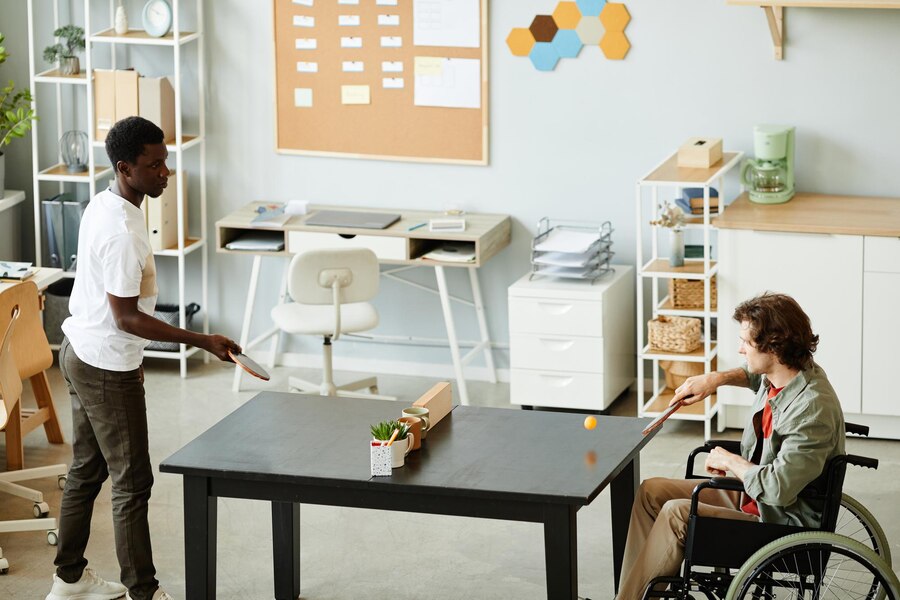
The Importance of Accessibility in Everyday Spaces
In today's world, the concept of accessibility is gaining increasing recognition and importance. It's not just about making spaces usable for people with disabilities; it's about creating environments that cater to everyone's needs, regardless of their physical or cognitive abilities. Accessibility isn't just a legal obligation; it's a moral imperative and a mark of an inclusive society.
Why Accessibility Matters
1. Inclusivity: Accessibility ensures that everyone, regardless of their abilities, can fully participate in society. It promotes inclusivity by breaking down physical and social barriers that might otherwise exclude certain individuals from participating in everyday activities.
2. Equal Opportunities: When spaces are accessible, it creates equal opportunities for all individuals to work, learn, socialize, and access essential services. This fosters a more equitable society where everyone has the chance to thrive.
3. Dignity and Independence: Accessible spaces uphold the dignity and independence of people with disabilities. They allow individuals to navigate their surroundings with greater ease and autonomy, without having to rely constantly on others for assistance.
4. Social Integration: By creating accessible spaces, we facilitate social integration and interaction among people of all abilities. When environments are welcoming and inclusive, it encourages meaningful connections and fosters a sense of belonging for everyone.
The Role of Specialist Disability Accommodation Providers
Specialist Disability Accommodation (SDA) providers play a crucial role in advancing accessibility in everyday spaces. These providers specialize in offering housing solutions tailored to the unique needs of people with disabilities. Here's how they contribute to creating more accessible environments:
1. Customized Design: SDA providers design and develop housing solutions that prioritize accessibility and cater to the specific needs of residents with disabilities. This includes features such as wheelchair ramps, wide doorways, adjustable countertops, and accessible bathrooms, among others.
2. Compliance with Standards: SDA providers ensure that their properties comply with accessibility standards and regulations, such as the National Disability Insurance Scheme (NDIS) SDA Design Standard in Australia. By adhering to these standards, they guarantee that their properties meet the highest levels of accessibility and safety.
3. Collaboration and Advocacy: SDA providers often collaborate with architects, builders, disability advocates, and government agencies to promote best practices in accessibility and drive positive change in the industry. Through advocacy efforts and partnerships, they work towards creating a more inclusive built environment for people of all abilities.
4. Continuous Improvement: SDA providers are committed to continuous improvement and innovation in accessibility solutions. They invest in research and development to identify new technologies and design strategies that enhance accessibility and improve the quality of life for residents with disabilities.
In the journey towards accessibility, organizations like Sil Accommodation play a pivotal role in connecting National Disability Insurance Scheme (NDIS) participants with suitable accommodation providers. Sil Accommodation specializes in matching individuals with disabilities to housing options that meet their unique needs and preferences. Through their comprehensive services, they strive to enhance the quality of life for people with disabilities by facilitating access to safe, supportive, and inclusive living environments.
accessibility is not a privilege but a fundamental human right. By prioritizing accessible design and addressing the challenges that impede universal access, we can break down barriers and create a more inclusive society where everyone, regardless of ability, can fully participate and thrive.
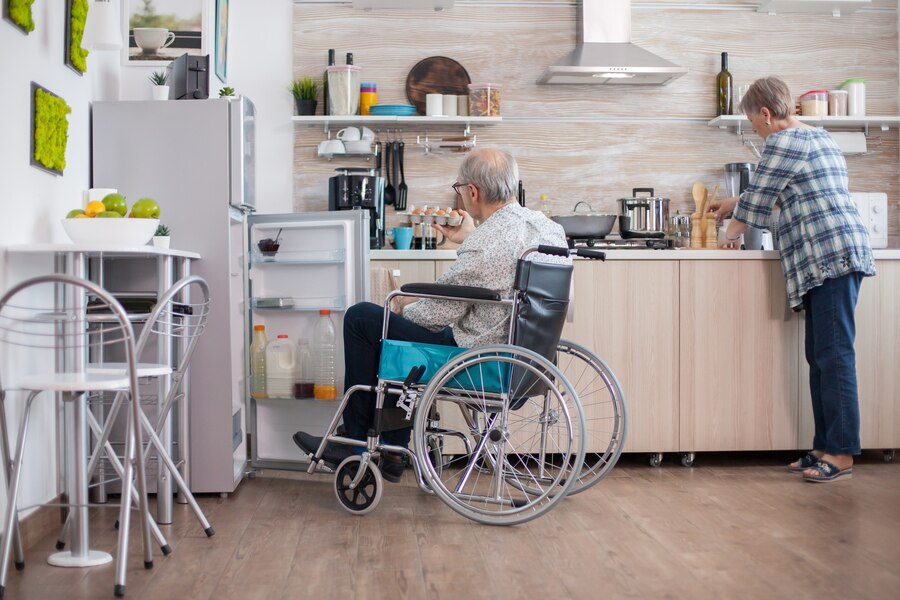
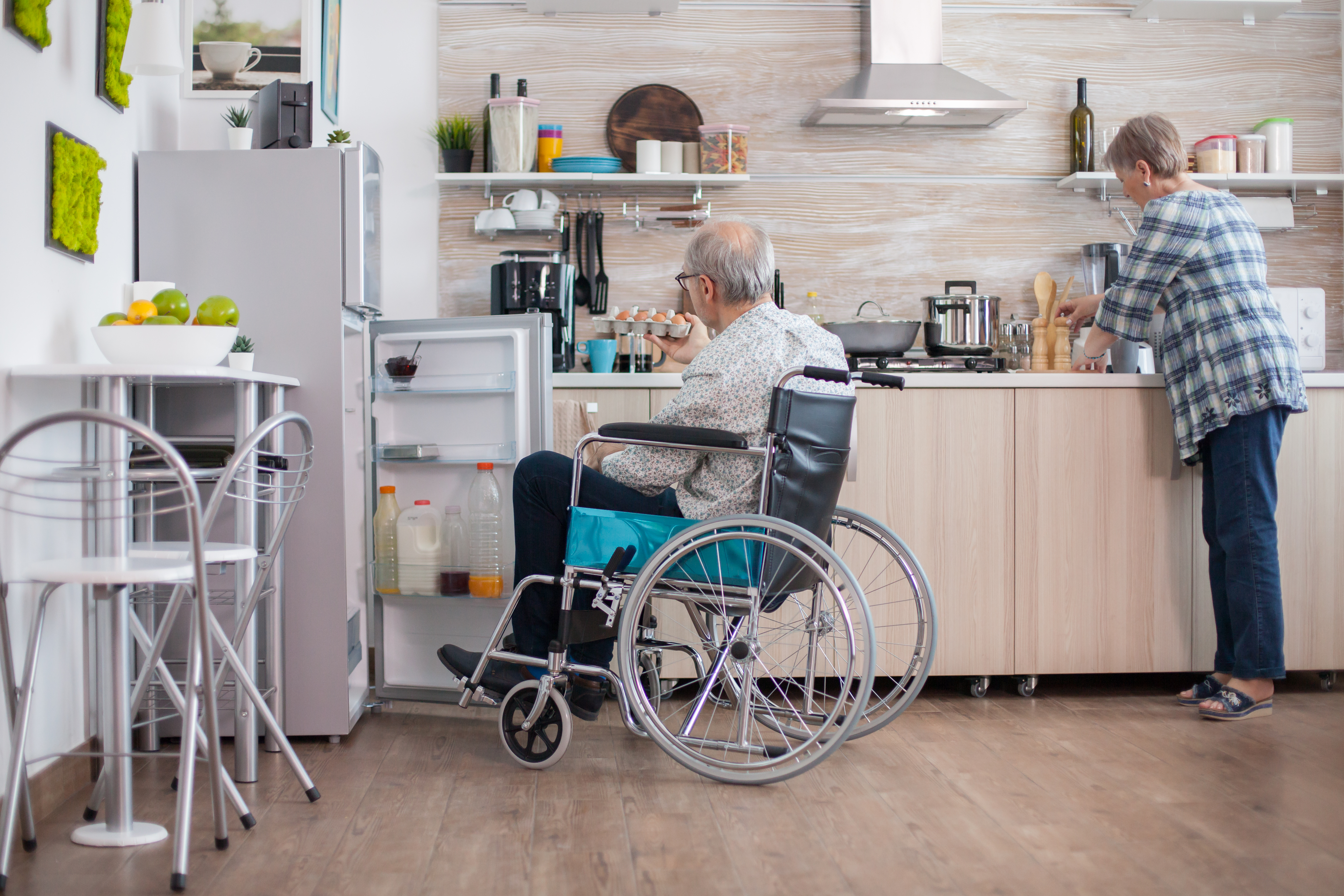
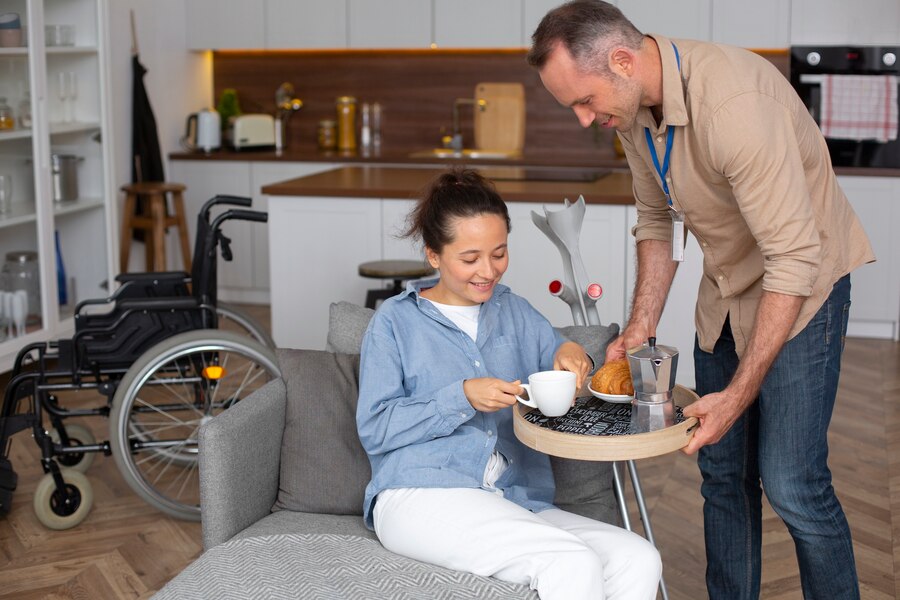
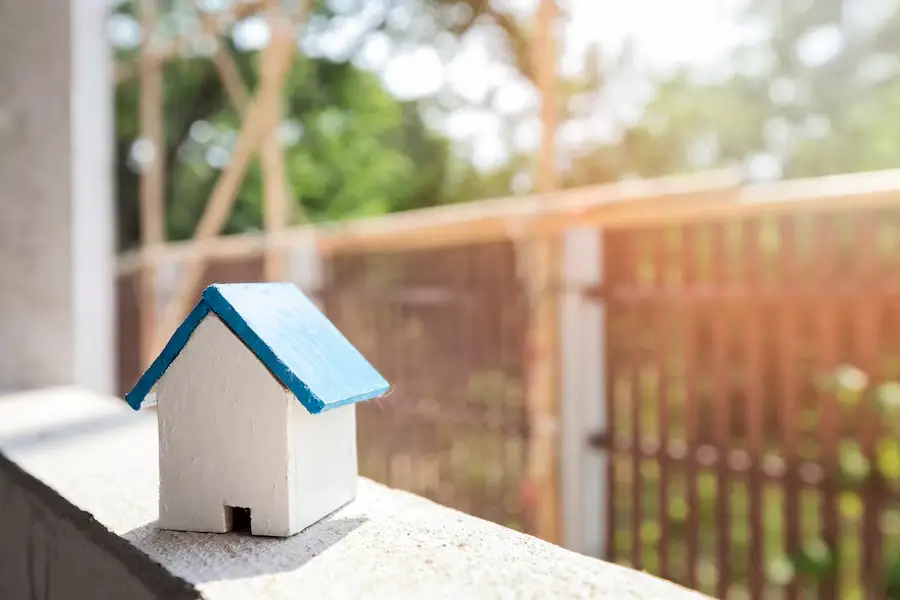
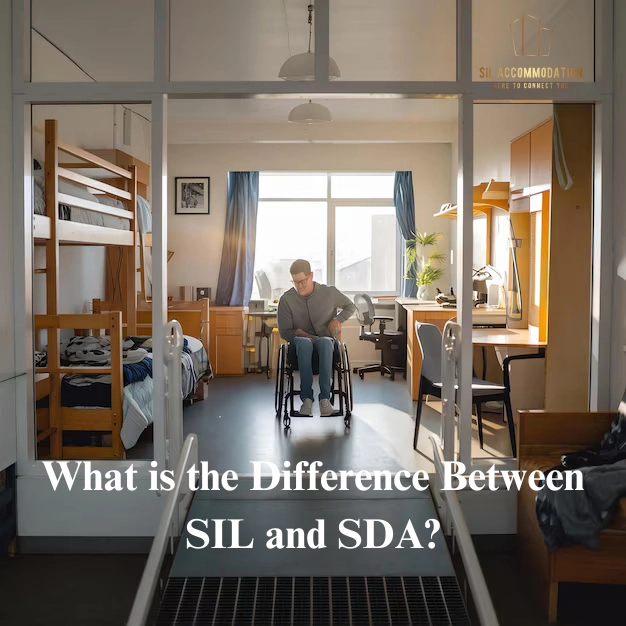
.png)